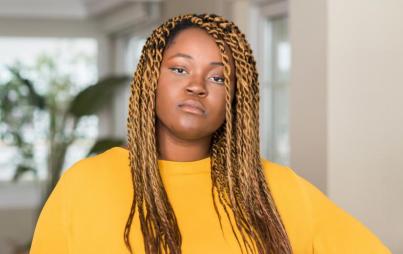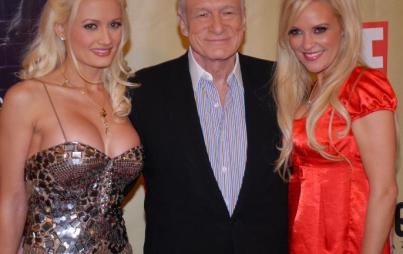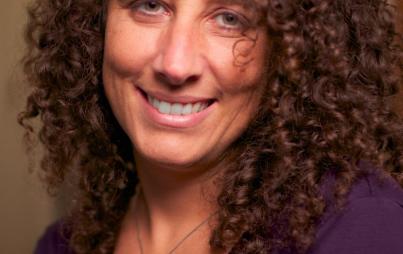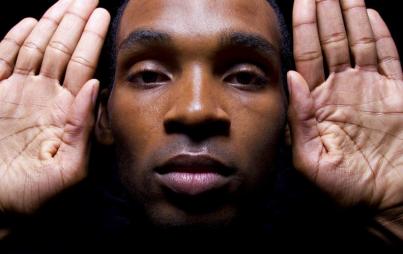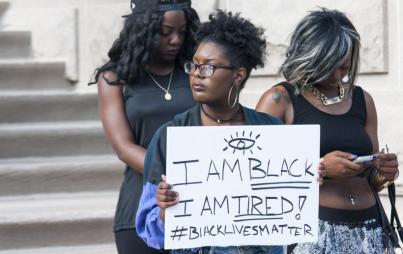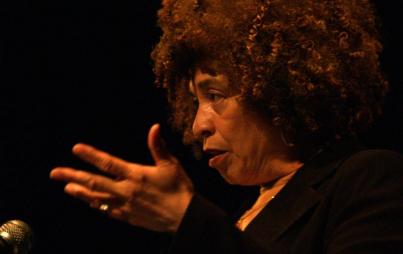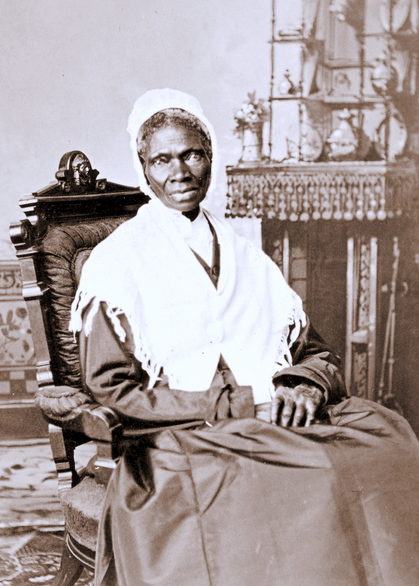
Sojourner Truth. Courtesy of Wikipedia.org
Centering the narrative of state sanctioned violence on Black, cis, hetero males erases the fact that Black women risk the same brutality.
Last week a rally was held in New York City to honor 22-year-old Rekia Boyd’s life after the off-duty Chicago police officer who killed her with an unregistered firearm was recently acquitted of all charges.
No one showed up.
Well, about one hundred people showed up, which for a city that has seen thousands rally around the deaths of Michael Brown and Eric Garner—is practically nothing.
The stark numbers in response to the death of Rekia Boyd illustrates far more than a societal indifference or even a "surprising" comparison of rally turn-outs for dead Black women versus that of dead Black man. The low turnout perfectly epitomizes the historical—and continued—erasure of Black women in society and most hurtfully, in liberation activism work.
It clearly demonstrates how Black women’s pain and screams are met with silence and indifference.
During the abolitionist movement, Sojourner Truth used her infamous “Ain’t I a Woman?” speech at the Ohio Women’s Rights Convention to force white feminists and male abolitionists to recognize the humanity of her Black womanhood. Sojourner challenged the white supremacist attitudes of those present, demanding the inclusion of Black women’s identities in their fight for women’s rights and the abolition of slavery.
Angela Davis wrote extensively about Black women being locked out of mainstream feminism during the 19th and 20th centuries in her book Women, Race, Class. Mainstream feminism centered white women’s leadership in the abolitionist movement and white women’s issues in the efforts towards women’s suffrage. Known as a ‘woman’s rights man,’ Frederick Douglass lobbied for Susan B. Anthony and Elizabeth Cady Stanton to work towards getting Blacks the vote due to the shocking levels of indiscriminate violence Blacks faced. But even in white feminists’ anti-rape campaign, Black women’s intersectionality was not respected; Black feminists could not support a campaign employing racist rhetoric that perpetuated the damaging erroneous narrative of Black male rapist chasing white women. This myth was used as a pretext for lynching and terrorizing thousands of Black men and women.
In the wake of the Civil Rights Movement, many Black women found their leadership subsequently erased from history while Black males have been hoisted up and championed as leaders and vocal visionaries. Rosa Parks for example, is largely lauded as a seamstress who refused to give up her seat on a bus, not as the skilled and strategic organizer with an executive board position of her NAACP chapter. Dorothy Irene Height, the "godmother of the Civil Rights Movement," was literally cropped out of images where she is pictured with Martin Luther King, Jr. and other male leaders.
Repeatedly, and painstakingly so—Black women find themselves written out of narratives around liberation work. Organizing spaces are designated as safe spaces for activists, but in actuality many are not safe for Black women as the intersectionality of our oppression is neglected and our critiques ignored.
Even in writing this blog, I struggled with articulating the unique challenges Black women face in trying to center ourselves as victims of oppression as well as leaders of liberation due to the perceived divisiveness of the topic. As a very active Twitter user, I know firsthand the negative and cruel responses some Black men spew when Black women share our cries for inclusiveness.
After reading about the low turnout for the Rekia Boyd rally, I took to Twitter to voice my frustration and pain of knowing Black women’s oppression is not met with outrage. I channeled Sojourner Truth’s challenge of white supremacy with ‘Ain’t I a Woman?’ by tweeting ‘Aint I Black?’ to challenge the pervasive patriarchy in many of the spaces created around Black Lives Matter.
Most of the responses I received were loving and supportive, but the few that dismissed my very real pain struck me as callous. In truth it's infuriating—it is quite obvious that Black women have been left to fight for ourselves.
As a Black, cis, hetero woman, I cannot imagine the suffocation from erasure that my Black queer and trans sisters must endure. Perhaps the most mind-boggling thing about this is Black Lives Matter is founded and led by three Black women: Alicia Garza, Patrisse Cullors, and Opal Tometi, two of whom identify as queer. And yet as 150+ cities across America were flooded last year with people shouting the phrase, it appears many did so without recognizing identities outside of Black, cis, hetero males.
Centering the narrative of state sanctioned violence on Black, cis, hetero males erases the fact that Black women risk the same brutality. It also disregards the particular vulnerability for state sanctioned sexual violence Black women face. (Such as Daniel Holtzclaw, an Oklahoma City Police officer who faces 36 charges for sexually assaulting 13 Black women while on duty. The ills of white supremacy and patriarchy so often intersect against Black women. We are systematically targeted by sexual abusers as they are more-than-aware that communities infamously, again and again, do not and will not go to bat for us. And yet we bare the risk of being assaulted again at the hands of those designated to help us when reporting the incident.
The weight of combating oppression while facing misogyny that perpetuates the toxic patriarchal system feels overwhelming.
Patriarchy teaches us that men’s (read: white men) issues are the community’s problems, women’s (read: white women) issues are women’s problems, and Black men’s issues are the Black community’s problem. Meanwhile Black women are typically laden with stereotypes of ‘strong Black woman’ burdening the plight of the entire Black community even further as it forces us to choose between fighting for the entire Black family or ourselves.
Thus, Black women’s issues are often considered no one’s problem.
However, things have not become this way by choice. Black men have been conditioned from Slavery to Jim Crow into shutting their eyes and closing their ears to Black women’s cries as the price for protecting us has been lethal. Black men have endured lashes and been hung from trees for coming to the defense of Black women. They have historically been attacked and jailed for voicing dissent against the mistreatment of Black women.
And yet, the purpose of our work in movement building is to free us all from the chains of oppression, which cannot be done if we are not combating oppressive ideologies that have permeated activism spaces. As activists, we are charged with creating spaces in the name of liberation that empower us to do things that have never been done—including re-entering the fray and fighting for Black women.


